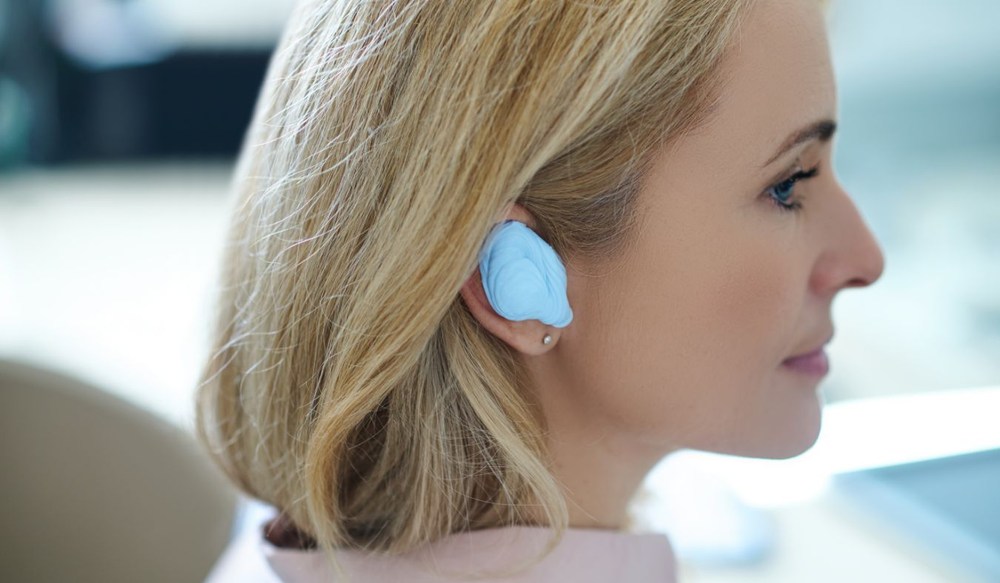The Impact of Telehealth on Audiology Practices
Telehealth has changed how we approach healthcare across many specialties,


Telehealth has changed how we approach healthcare across many specialties,

Protecting our hearing has never been more important, especially as our

When you think about getting a good night’s sleep, you probably